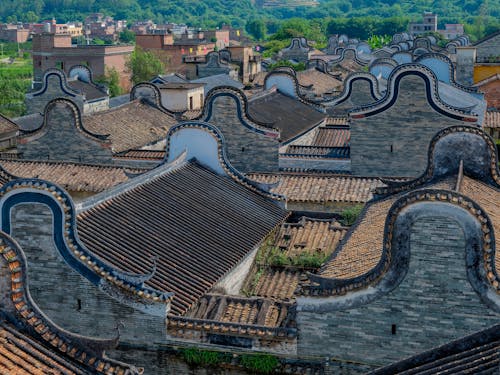Historical Tourism: Bridging the Past and Present Through Travel
Historical tourism serves as a gateway between past narratives and modern experiences, allowing travelers to engage with history in meaningful ways. This exploration of historical tourism delves into its significance, challenges, and the enduring impact it has on communities. Discover how this form of tourism helps bridge cultural divides while fostering appreciation for our shared heritage.
The Significance of Historical Tourism Today
Today, historical tourism plays a pivotal role in how individuals understand their place within the broader tapestry of human history. By visiting historical sites, travelers gain insights into previous societies, enhancing their appreciation for cultural developments over time. This form of tourism allows historical narratives to breathe life, transforming often static artifacts into dynamic experiences. More importantly, the significance of historical tourism transcends mere visits; it fosters a sense of belonging and connectedness to shared human experiences that resonate across time.
Navigating the Challenges of Historical Tourism
However, the road to successful historical tourism is fraught with challenges. Issues such as site preservation, over-commercialization, and cultural misrepresentation pose significant risks to the integrity of historical narratives. It is crucial for stakeholders—local governments, tourism operators, and communities—to collaborate in crafting solutions that mitigate potential negative impacts. Adopting sustainable tourism practices is vital in preserving the authenticity of these sites while ensuring they remain accessible to future generations. The interplay between tourism and preservation becomes essential for the survival of our cultural heritage.
Historical Tourism as a Tool for Cultural Understanding
Moreover, historical tourism has blossomed into a powerful tool for cultural understanding. By engaging with diverse histories, travelers encounter different worldviews that broaden their horizons. This exchange cultivates empathy, appreciation, and respect for cultures beyond one's own. As visitors share their stories, they contribute to a vibrant dialogue that enriches the overall experience for all parties involved. Historical tourism thus transcends economic benefits; it builds bridges between people, facilitating intercultural connections through shared understanding.
Engaging Local Communities
The benefits of historical tourism extend to local communities, who often become the custodians of their cultural narratives. By integrating local populations into the tourism process, communities gain agency and recognition for their heritage. Their involvement ensures that storytelling retains authenticity and reflects multiple perspectives. Community engagement fosters pride among residents, amplifying their voices in global discourses. In this capacity, historical tourism becomes a vehicle for empowerment, providing a platform for local cultures to thrive.
Visualizing the Future of Historical Tourism
Looking to the future, the evolution of historical tourism presents exciting possibilities. As technology integrates into travel experiences, opportunities for virtual learning and augmented reality tours expand. These innovations offer new ways for travelers to interact with history, allowing for deeper engagement with the past. Furthermore, with the ongoing trend of mindful travel, more tourists are seeking experiences that promote cultural sensitivity and sustainability. The new era of historical tourism will undoubtedly reflect the voices and values of travelers who care for the environments and communities they visit.
Conclusion: Embracing Our Shared Heritage
In conclusion, historical tourism is not merely a journey through time; it is a meaningful exploration of collective heritage that shapes our identities. By bridging the past and the present, this form of tourism honors our diverse histories while promoting understanding and appreciation among cultures. As the industry continues to overcome challenges and embrace innovations, historical tourism will remain a vital part of our global narrative, enriching lives and preserving our shared heritage.
